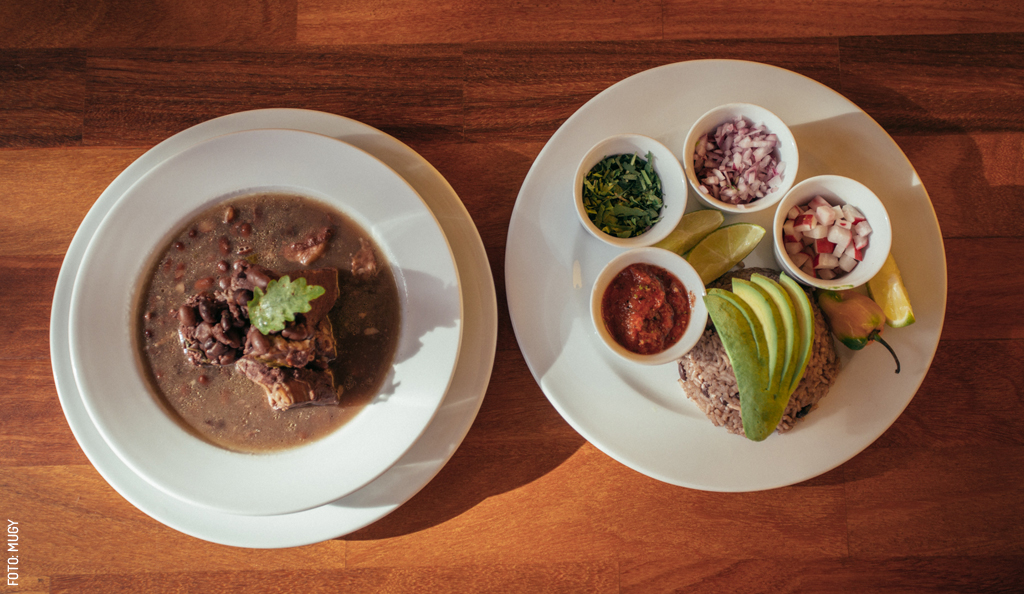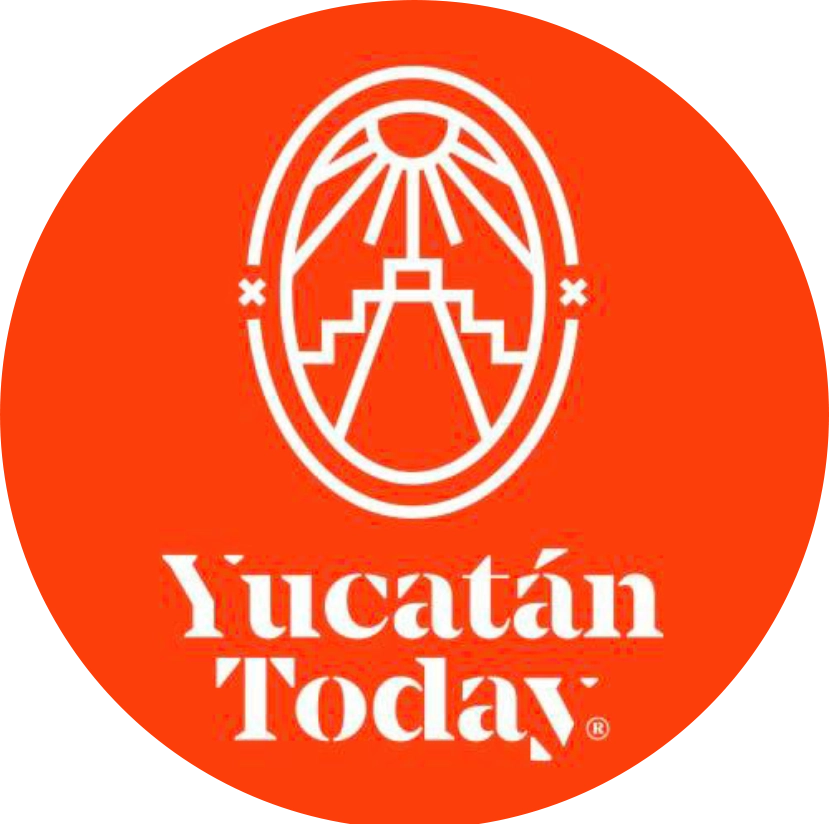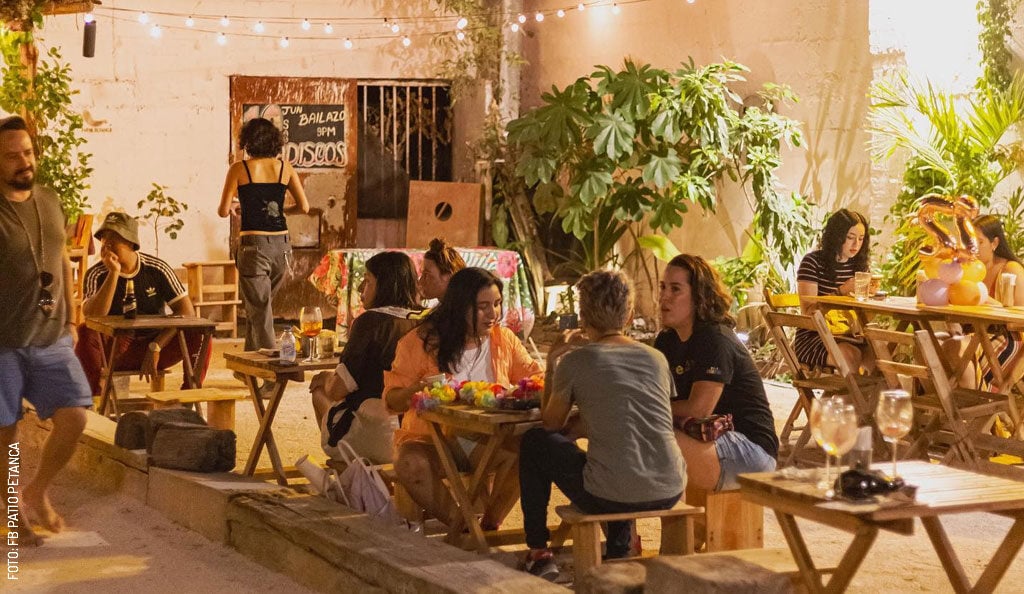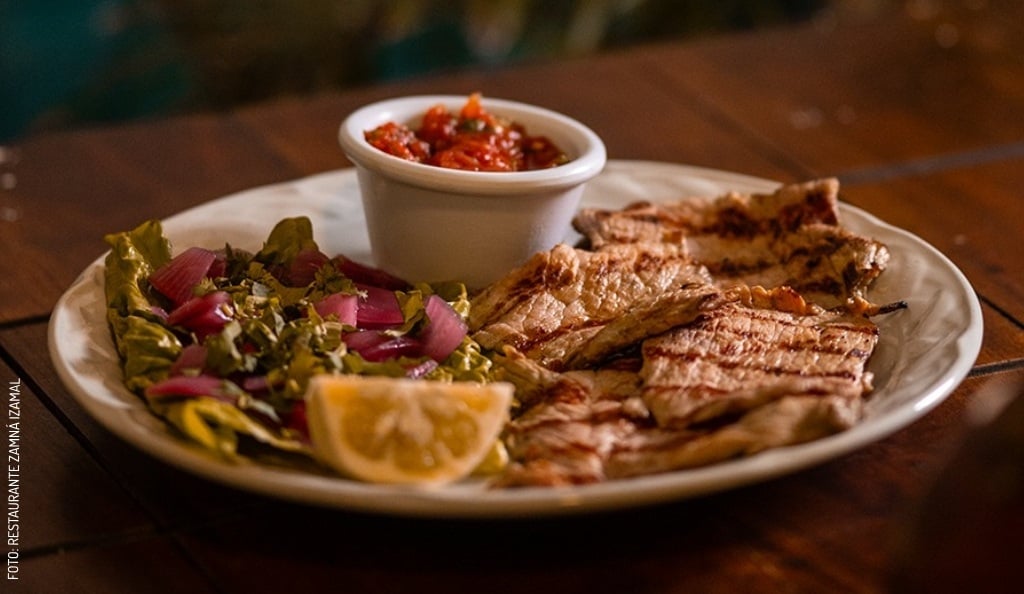
Frijol con Puerco (Beans with Pork) Recipe
Frijol con Puerco: A Yucatecan Monday Tradition
Frijol con Puerco (Pork and Beans) is more than just a dish; it's a gastronomic ritual that marks the beginning of the week throughout Yucatán. This stew, humble in its ingredients but rich in flavor, is one of the greatest expressions of traditional Yucatecan cuisine. It's a comforting stew where black beans are cooked slowly with pieces of pork until they reach a smooth texture and a deep flavor.
The custom of eating Frijol con Puerco every Monday is a tradition so deeply rooted that it has become a pillar of the peninsula's culinary identity. It's a tradition lived in homes and reflected on every restaurant's menu, where it's enjoyed with white rice, pickled red onion, cilantro, radishes, and salsa, offering a homemade and nostalgic flavor that comforts the soul and welcomes the week.
Frijol con Puerco Recipe
Ingredients for Frijol con Puerco:
- 1 kg (about 2.2 lbs) black beans
- 1 kg (about 2.2 lbs) pork, cut into pieces
- ¼ onion
- Epazote (a Mexican herb)
- Habanero chili pepper
Ingredients for Chiltomate (Tomato Salsa):
- 2 roasted tomatoes
- 1 roasted garlic clove
- Roasted habanero chili
- Chopped cilantro
Accompaniments:
- Finely diced onion
- Chopped cilantro
- Diced radishes
- Limes
- Avocado
Ingredients for Black Rice:
- 1 cup rice
- 2 cups of bean broth
- Garlic
- Salt
Instructions:
- Soak the beans in water, preferably overnight.
- Cut the pork into small pieces.
- Place the beans, onion, and epazote in a pot to cook. When the beans are almost done, remove 2 cups of the broth for the rice. Then add the pork to the pot and more water to ensure the pork can cook until tender.
- Season with salt to taste.
- For the chiltomate, roast the ingredients and then grind them into a salsa. Season with salt to taste.
- Separately, chop the other ingredients for the accompaniments.
Discover the tradition of a different Yucatecan dish for every day of the week!
Other delicious recipes from Yucatecan Cuisine:
- Recipe for Papadzules
- Recipe for Sopa de Lima
- Recipe for Pollo en Escabeche
- Recipe for Relleno Negro
- Recipe for Cochinita Pibil
- Recipe for Frijol con Puerco
- Recipe for Queso Relleno
- Recipe for Tamales Yucatecos
Yucatecan Dessert Recipes:

Author: Yucatán Today
Yucatán Today, the traveler's companion, has been covering Yucatán’s destinations, culture, gastronomy, and things to do for 38 years. Available in English and Spanish, it’s been featured in countless travel guides due to the quality of its content.
In love with Yucatán? Get the best of Yucatán Today delivered to your inbox.
Related articles

Celebrate Friendship with More Than Just Food
Did you know that in Mexico Valentine's Day is celebrated not only for love, but also for friendship? Celebrate the family you did choose in one of...
Yucatán's Gastronomic Stops: Dishes Worth the Trip
Travel through Yucatán by its flavors. Discover iconic dishes from each region: poc chuc in Maní, huevos motuleños, and more. A journey worth taking!




